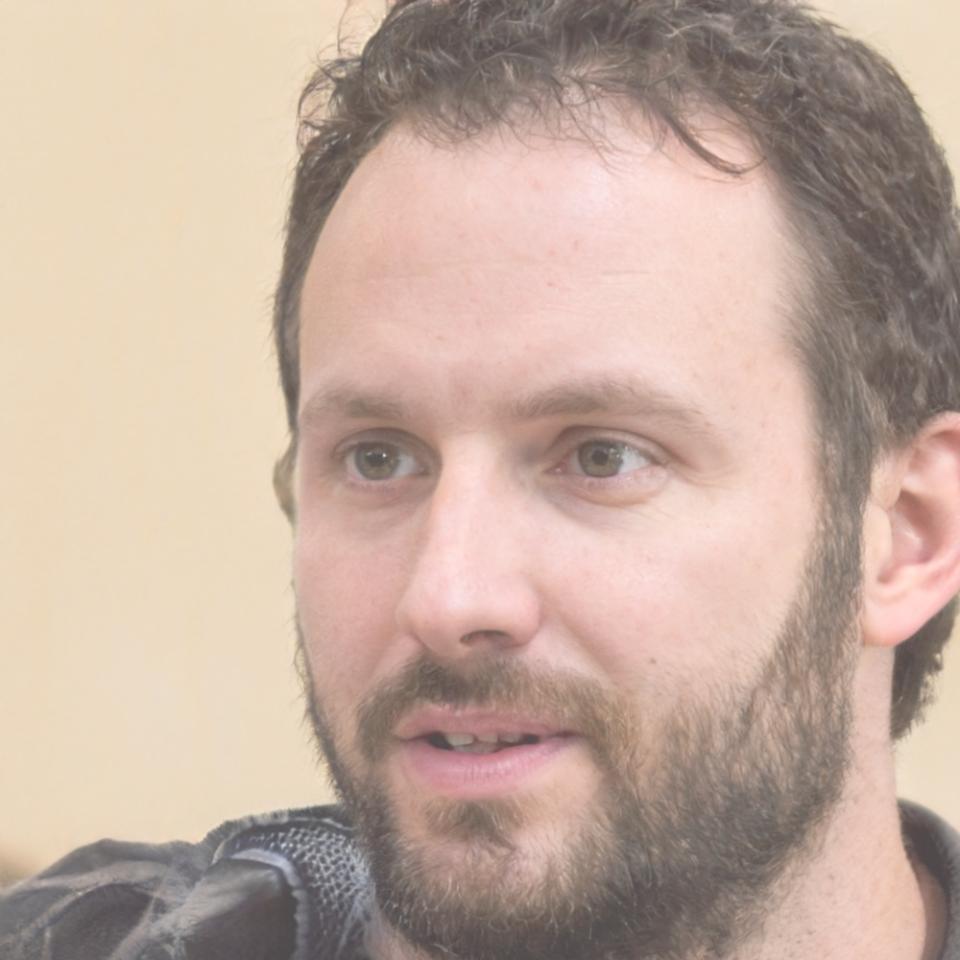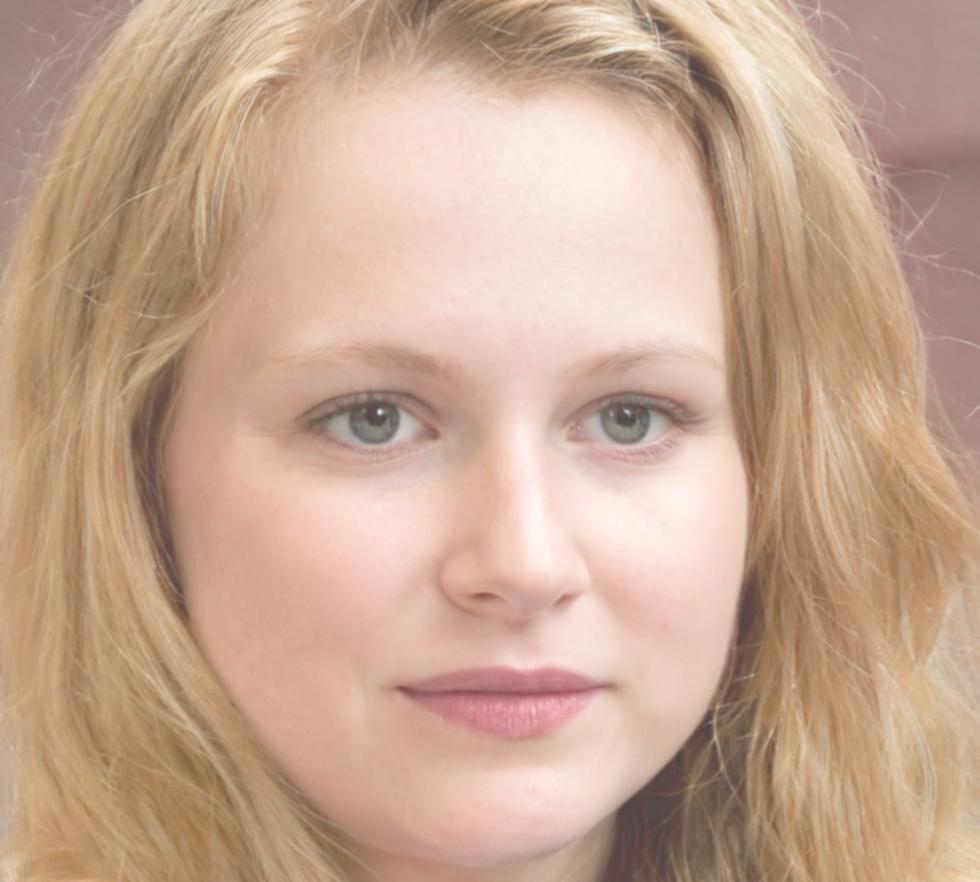Master Budget Planning Through Real Financial Scenarios
Our September 2025 program guides you through practical budget preparation methods used by finance professionals across Thailand and Southeast Asia. Learn to build sustainable financial frameworks that adapt to changing business conditions.
Explore Our Curriculum
Budget Frameworks That Work in Practice
We don't teach theory alone. Our participants work with actual budget scenarios from small businesses, mid-sized companies, and organizations facing real financial challenges. You'll see how different approaches apply in different contexts.
Starting in September 2025, our curriculum covers zero-based budgeting, rolling forecasts, and variance analysis using case studies from Bangkok's diverse business landscape. Each method gets tested against realistic constraints and unexpected changes.
- Work with actual financial data from multiple industries
- Build budgets that accommodate uncertainty and change
- Learn to communicate financial plans to non-finance stakeholders
- Practice adjusting forecasts based on market shifts
Three Core Components of Our Program
We've structured the learning experience around hands-on application, collaborative problem-solving, and direct feedback from working finance professionals.

Scenario-Based Learning
Each week presents a new budget challenge drawn from real business situations. You'll work through revenue forecasting, expense allocation, and contingency planning using actual constraints and business objectives.

Peer Review Sessions
Budget preparation benefits from multiple perspectives. Our small group format means you'll regularly review others' work and receive detailed feedback on your own approaches. This builds both technical skills and communication ability.

Professional Mentorship
Our instructors are currently working in finance roles across Bangkok. They bring current practices, recent examples, and honest perspectives on what works and what doesn't in budget preparation.

Kasem Phuangthong
Senior Financial Analyst with 11 years preparing budgets for retail and hospitality sectors

Siriporn Wattana
Budget Planning Director who manages financial forecasting for manufacturing operations
Learn from People Doing This Work Daily
Both Kasem and Siriporn spend their workdays building budgets, adjusting forecasts, and explaining financial plans to executives who need clear answers. They've dealt with unexpected market changes, data limitations, and competing departmental priorities.
In our program, they share specific examples from their work, walk through their decision-making process, and provide feedback on your budget scenarios. The goal is practical competence, not abstract knowledge.
- Direct access during office hours
- Review of your budget models
- Current industry examples
- Career guidance for finance roles
Your Learning Path Over 12 Weeks
Our September 2025 cohort meets twice weekly for structured sessions, with additional time for independent work on budget projects.
Budget Fundamentals and Data Collection
Start with revenue forecasting methods and expense categorization. Learn to gather historical data, identify trends, and establish baseline assumptions. Work with simplified scenarios before moving to complex cases.
Advanced Modeling and Variance Analysis
Build complete budget models with multiple scenarios. Practice adjusting forecasts based on new information. Learn to present budget proposals and defend assumptions to stakeholders with different priorities.
Real Business Budget Project
Apply everything to a comprehensive budget scenario. Work individually or in pairs to create a full annual budget with quarterly reviews, contingency plans, and executive summary. Present your work for feedback.
Review and Career Planning
Refine your budget models based on feedback. Discuss career paths in financial planning and budget analysis. Review your portfolio of work and prepare materials for job applications in finance roles.